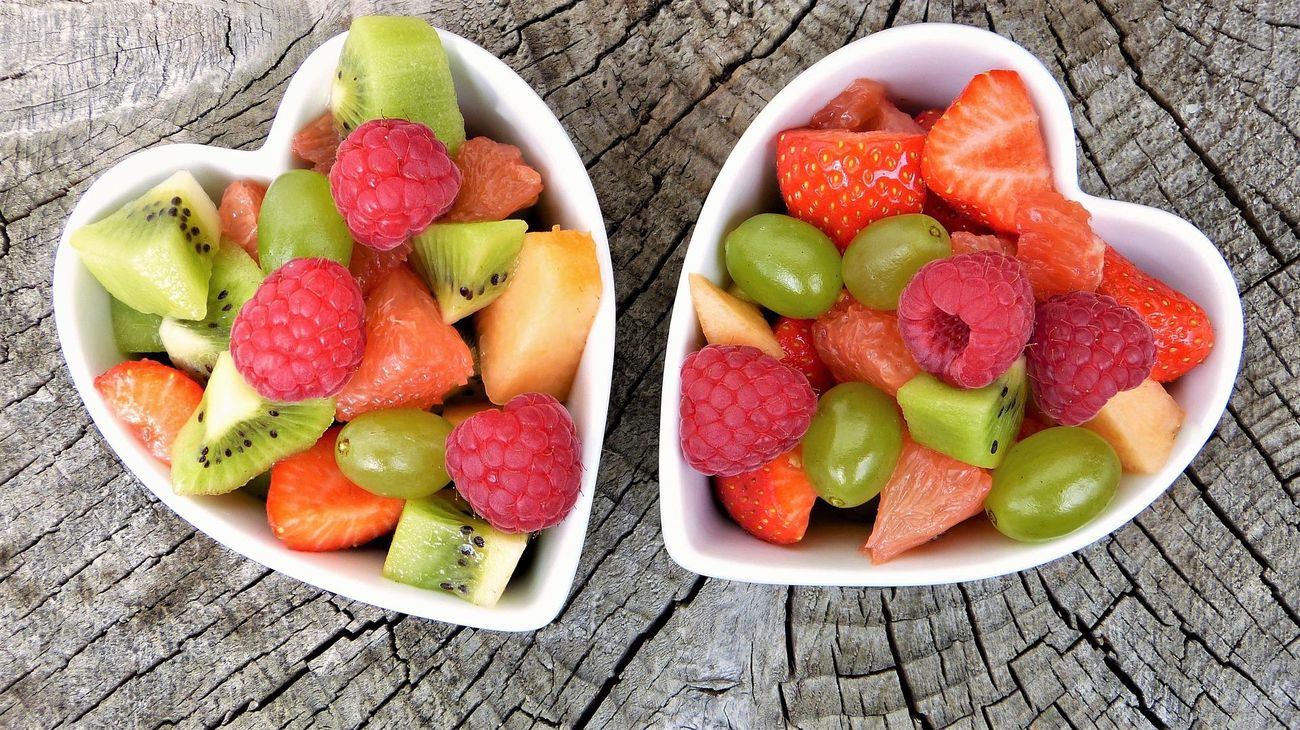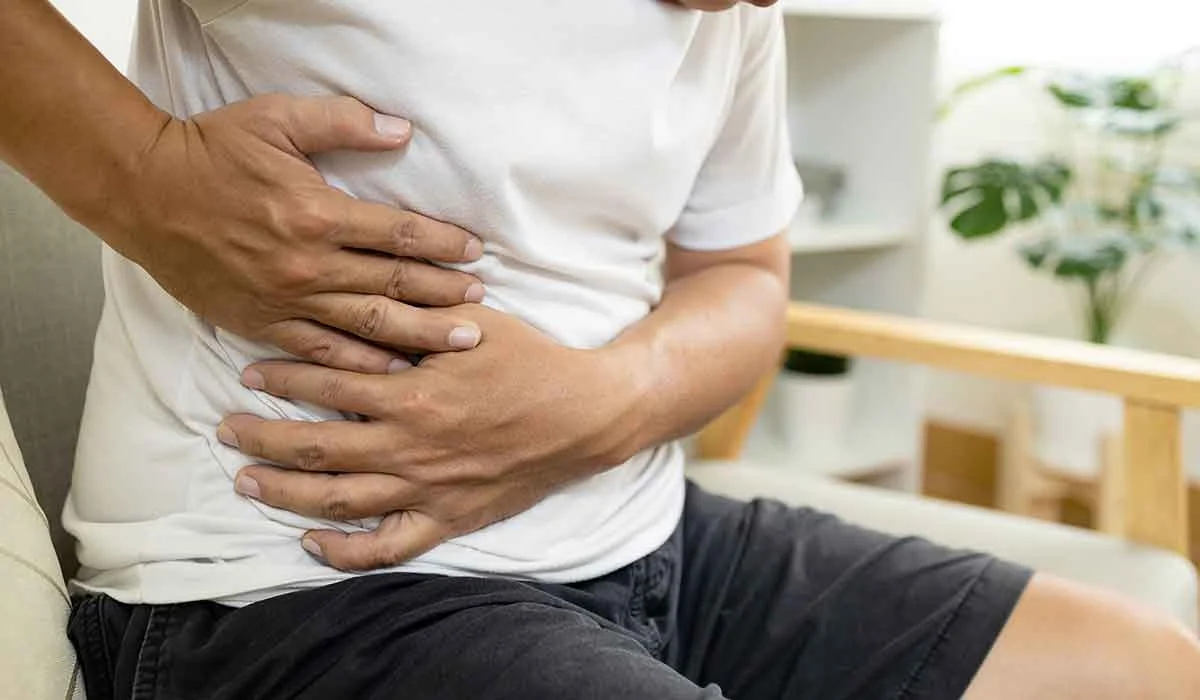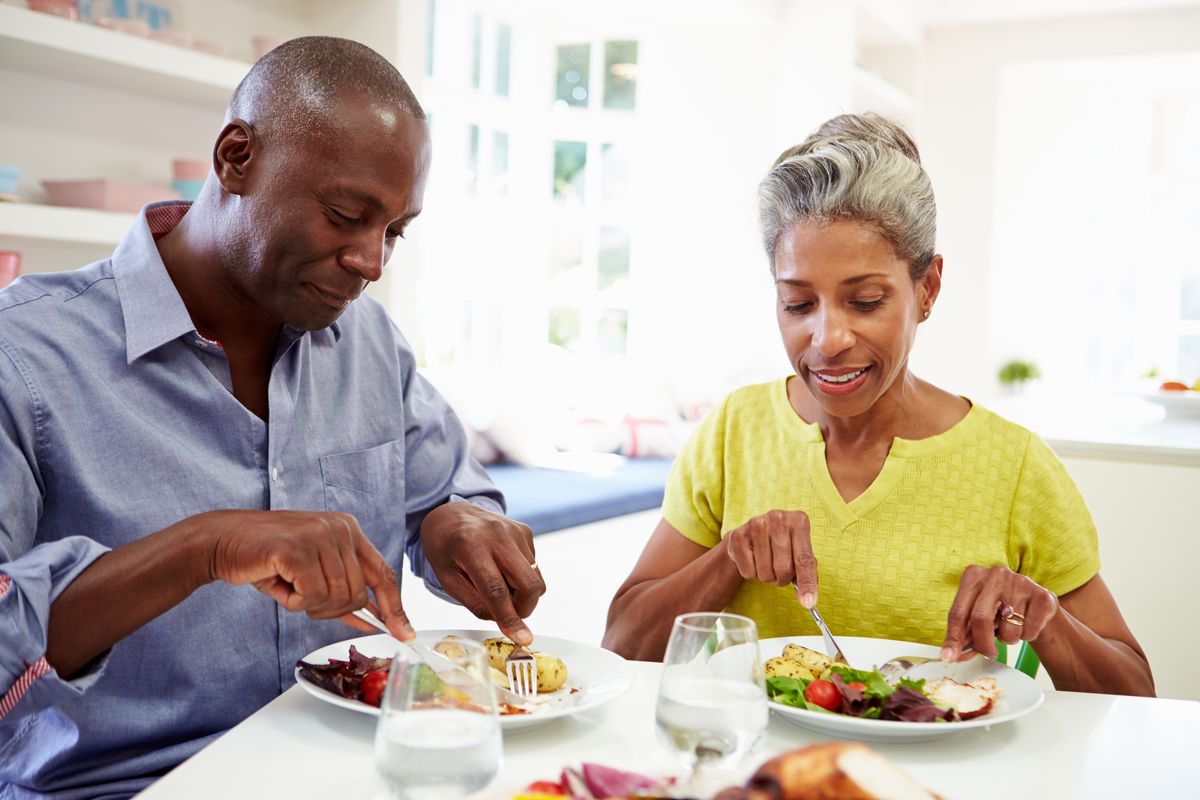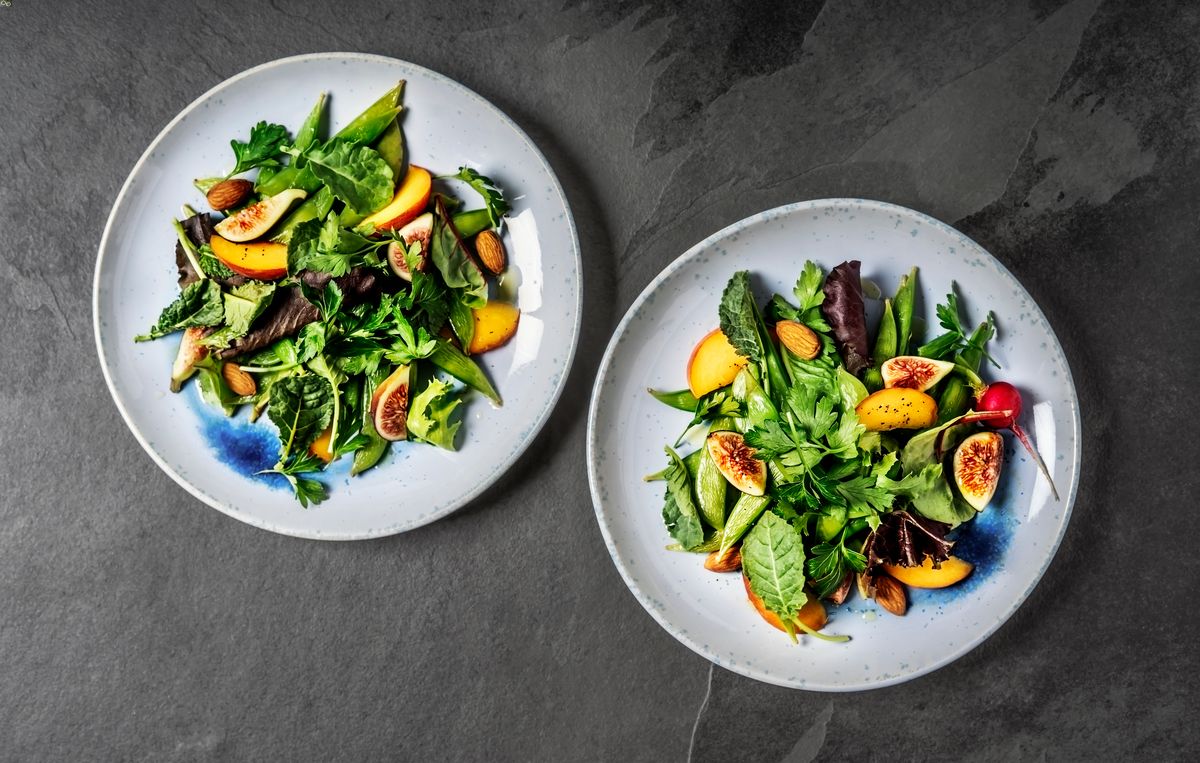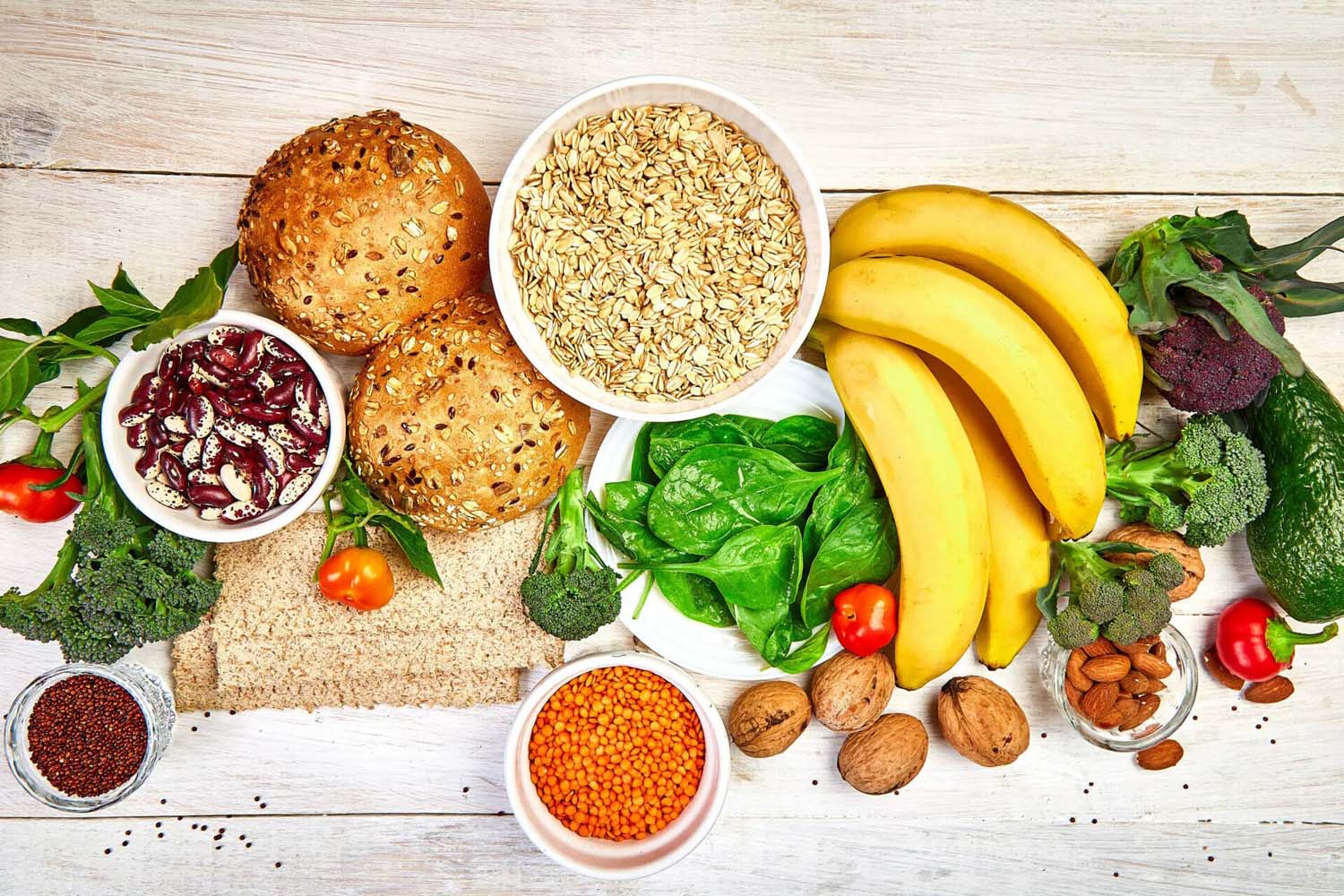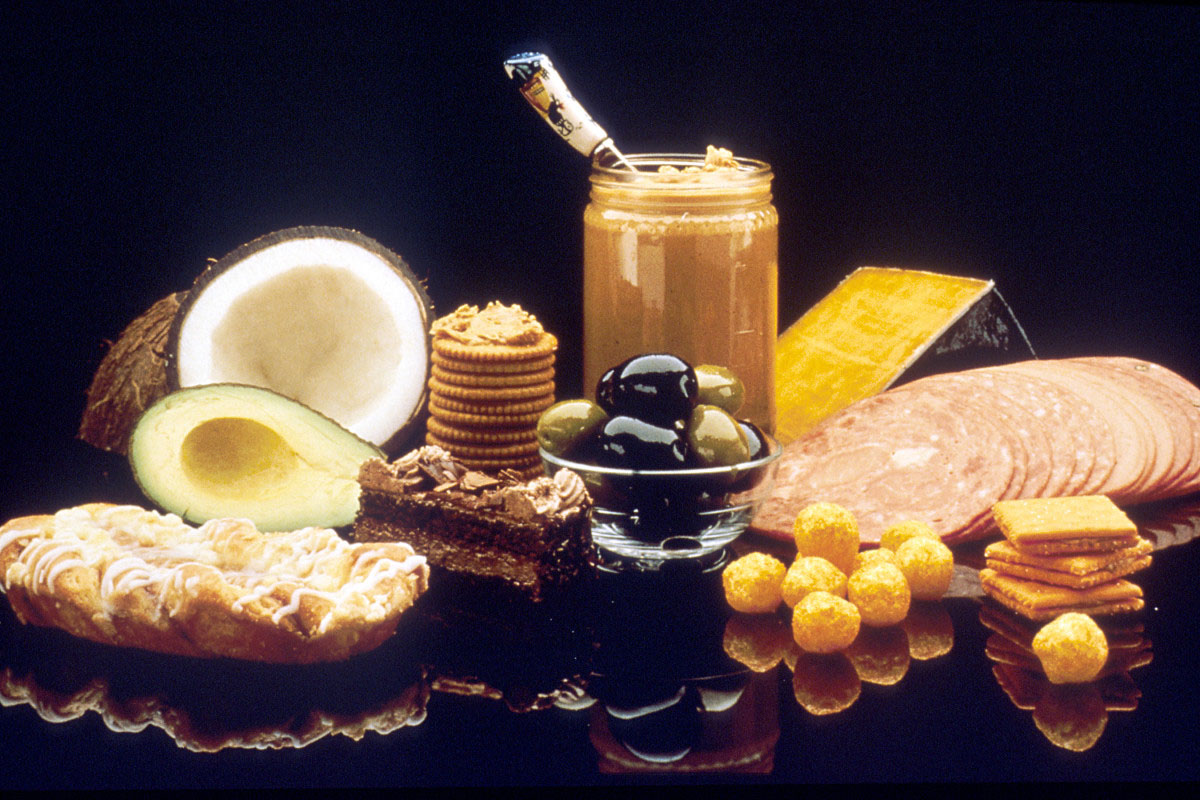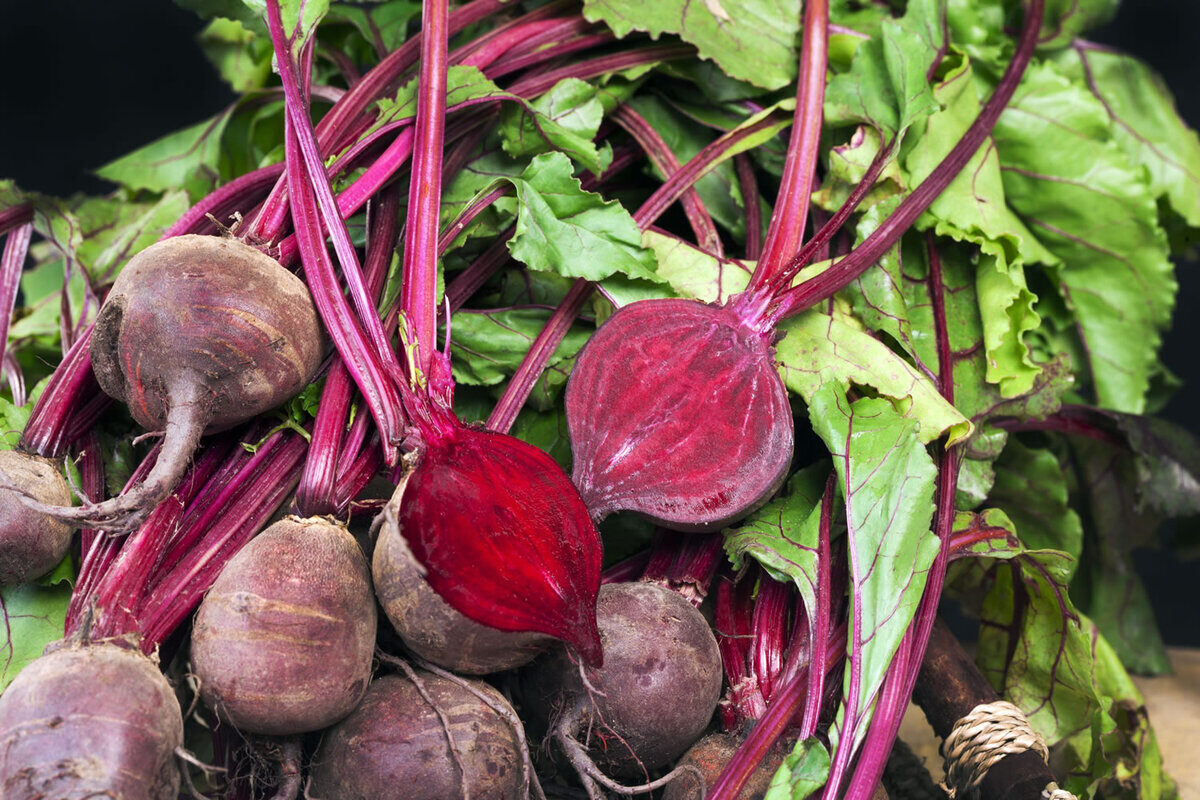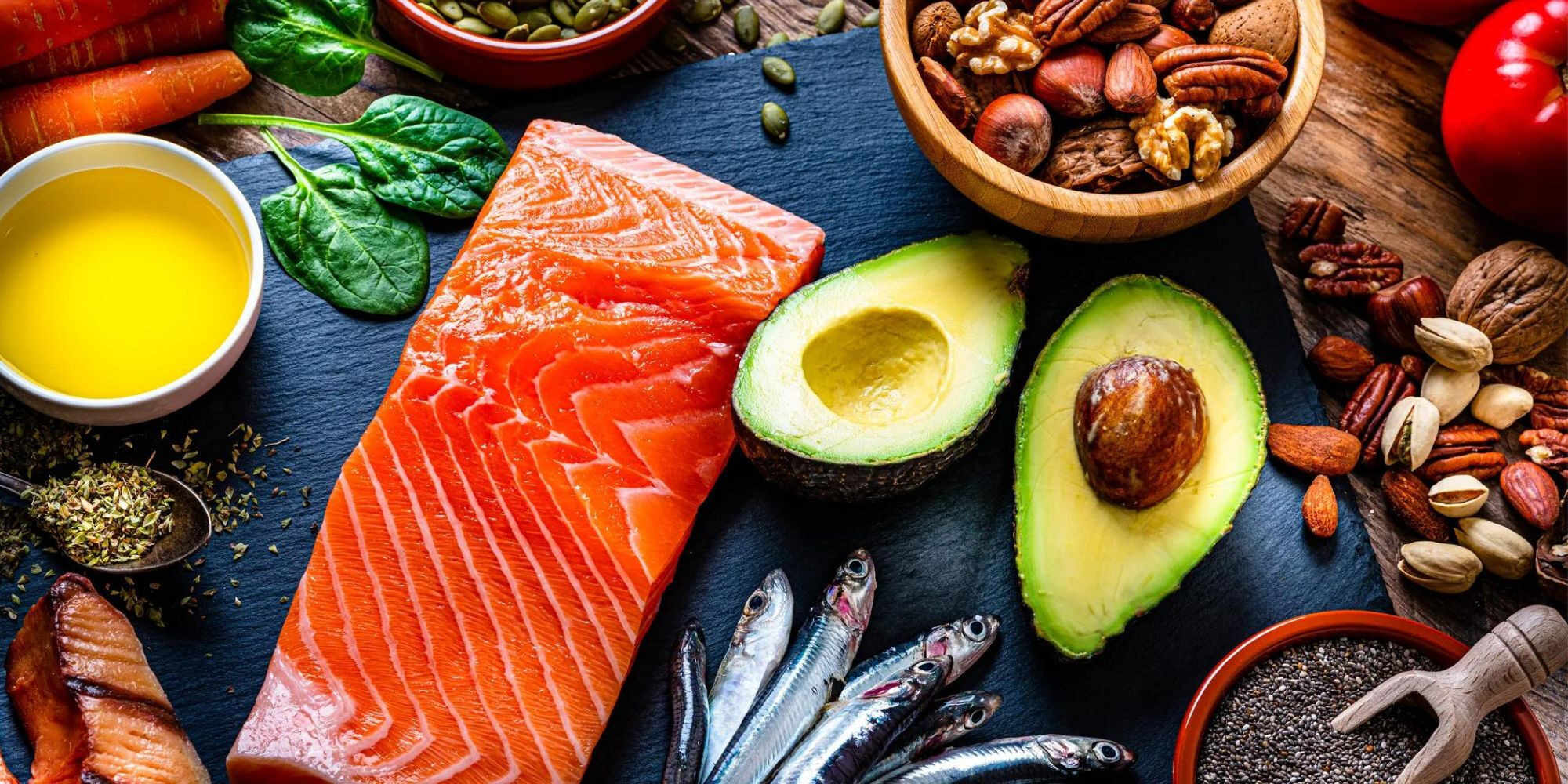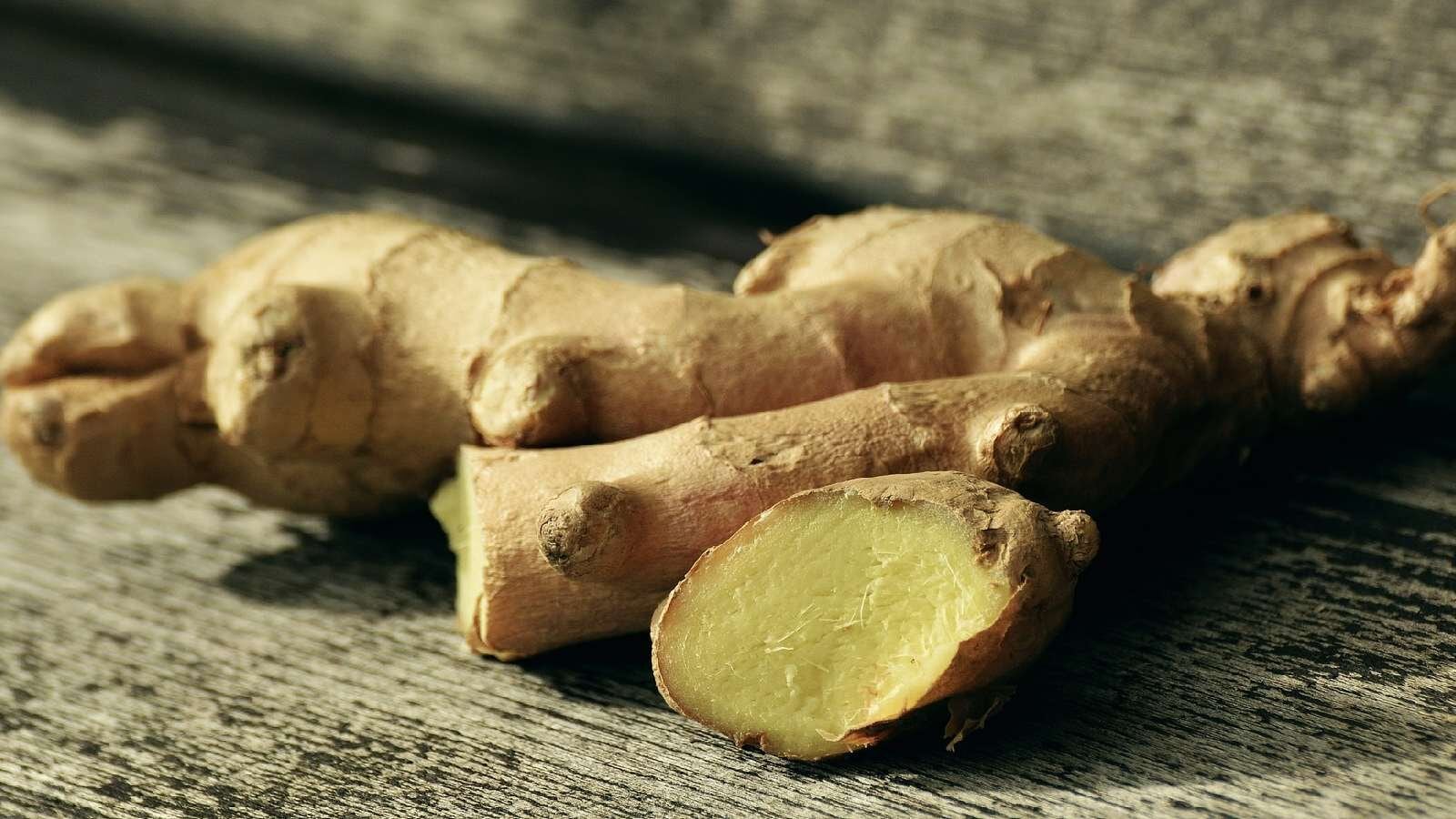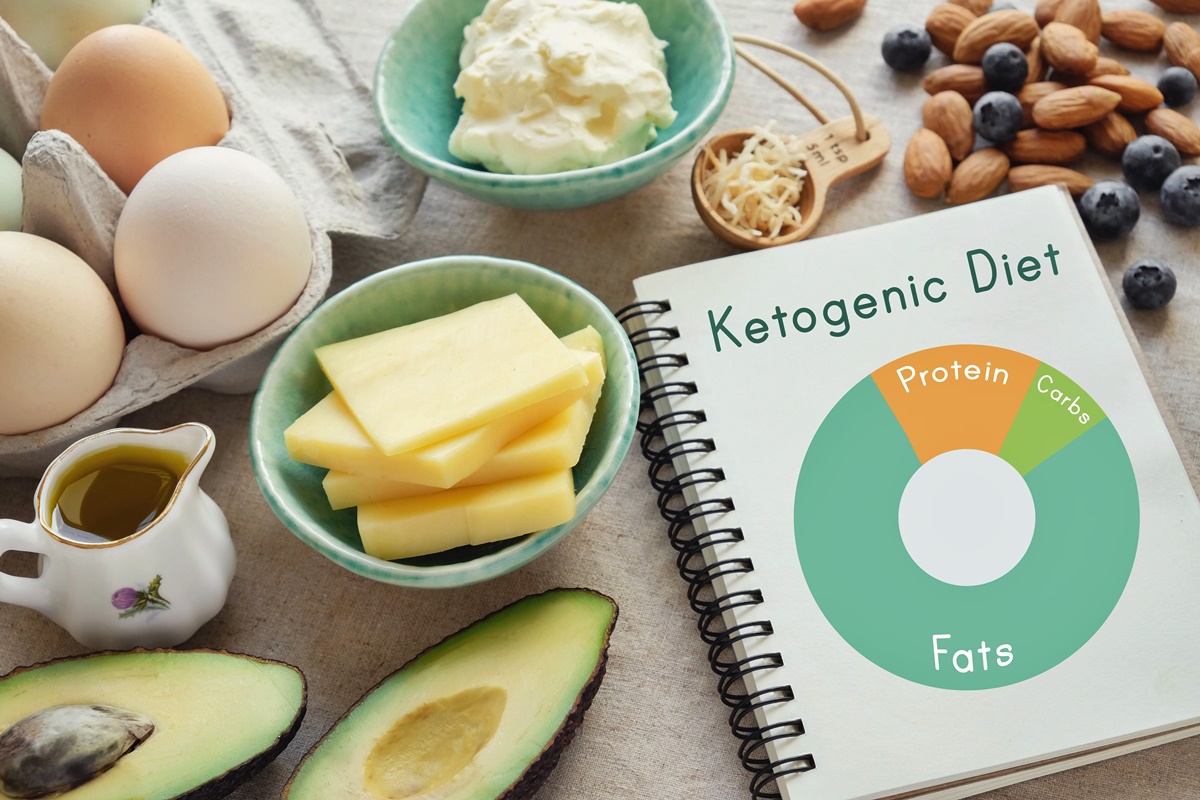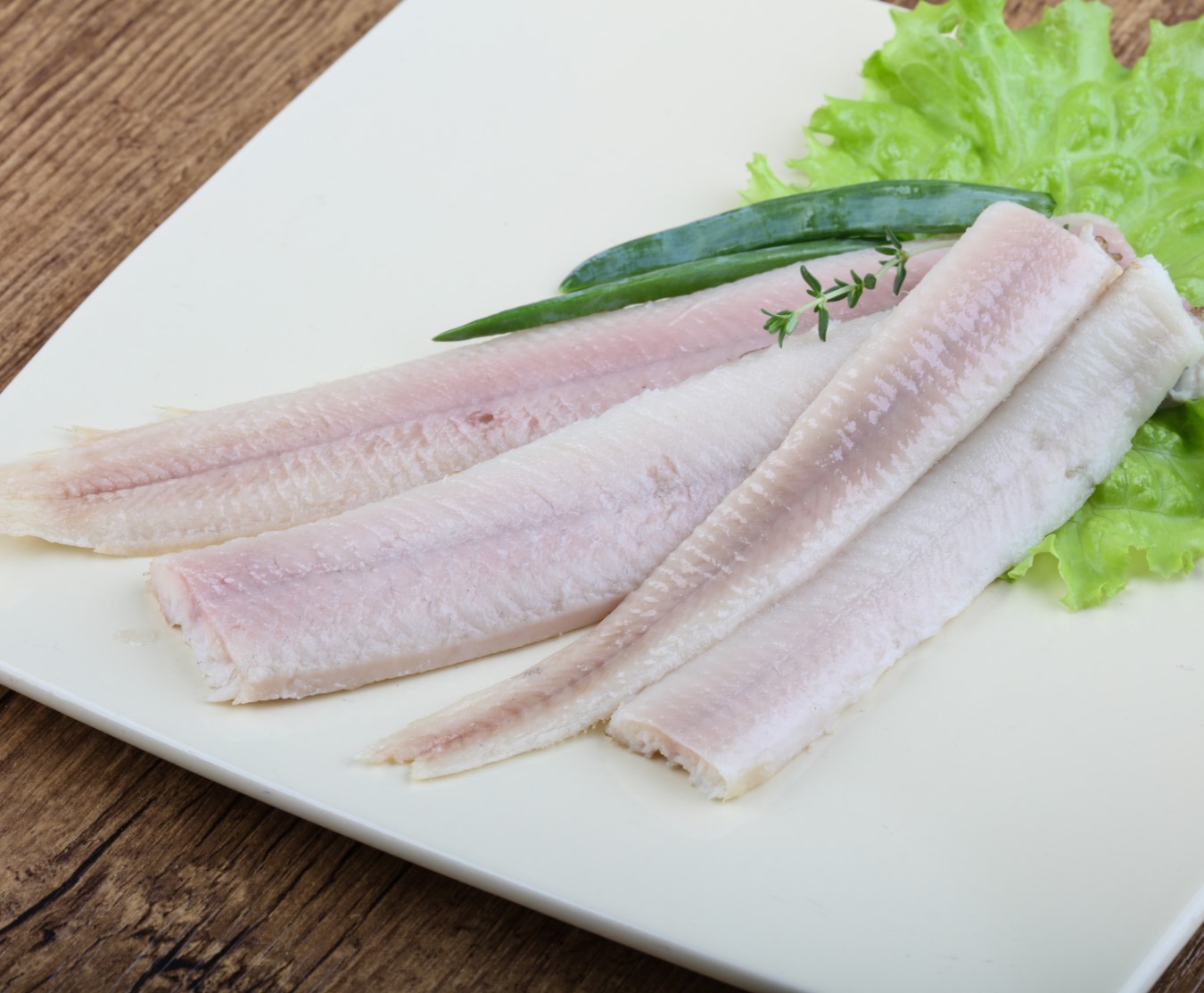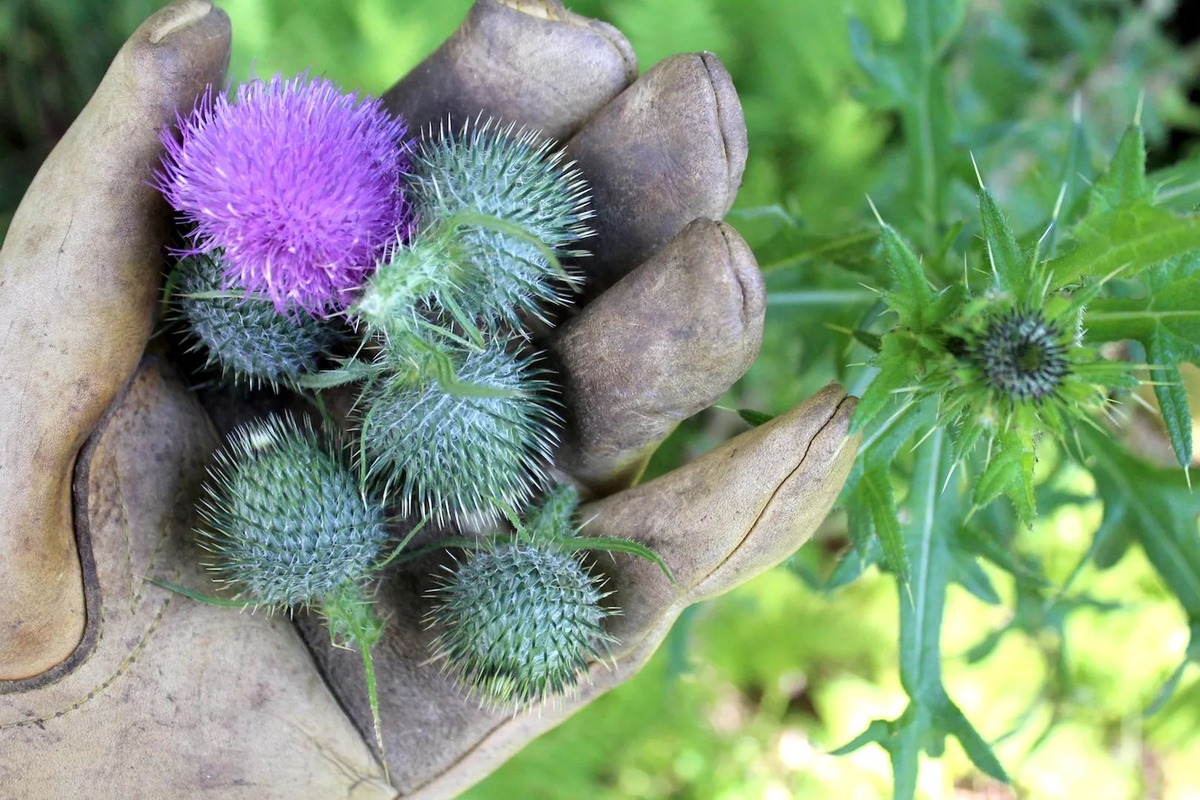How to Maintain a Healthy Diet for Your Gallbladder
Having a healthy gallbladder is essential for proper digestion and overall well-being. If you’ve been experiencing discomfort or have been diagnosed with gallbladder issues, it’s crucial to make dietary changes to support your gallbladder health. Here are some tips on how to eat right for your gallbladder:
1. Incorporate High-Fiber Foods
Include plenty of fiber-rich foods in your diet such as fruits, vegetables, whole grains, and legumes. Fiber helps in the proper digestion of food and can prevent the formation of gallstones, which are a common issue associated with the gallbladder.
2. Choose Healthy Fats
Opt for healthy fats such as those found in avocados, nuts, seeds, and olive oil. These fats are easier for the body to digest and are less likely to trigger gallbladder symptoms compared to saturated and trans fats.
3. Limit Saturated and Trans Fats
Avoid or limit foods high in saturated and trans fats such as fried foods, processed snacks, and fatty cuts of meat. These fats can put extra strain on the gallbladder and may contribute to gallstone formation.
4. Stay Hydrated
Drink an adequate amount of water throughout the day to support the proper functioning of your gallbladder. Staying hydrated can help in preventing the buildup of bile and cholesterol, which can lead to gallstones.
5. Consume Lean Protein
Include lean sources of protein in your diet such as poultry, fish, and plant-based proteins. These options are easier for the body to process and are less likely to cause discomfort for your gallbladder.
6. Eat Small, Frequent Meals
Instead of consuming large meals, opt for smaller, more frequent meals throughout the day. This can help in easing the workload on your gallbladder and may reduce the likelihood of experiencing digestive issues.
7. Avoid Rapid Weight Loss
Rapid weight loss or crash diets can increase the risk of developing gallstones. Aim for gradual, sustainable weight loss through a combination of a healthy diet and regular physical activity.
8. Be Mindful of Trigger Foods
Pay attention to how your body reacts to certain foods and identify any trigger foods that may exacerbate your gallbladder symptoms. Common trigger foods include spicy foods, dairy products, and high-fat meals.
9. Consider Supplements
Consult with a healthcare professional about the potential benefits of supplements such as bile salts or lecithin, which may support gallbladder function and promote the breakdown of fats.
10. Seek Professional Guidance
If you have been diagnosed with gallbladder issues or are experiencing persistent symptoms, it’s important to seek guidance from a healthcare provider or a registered dietitian. They can provide personalized recommendations based on your specific condition and dietary preferences.
By making mindful dietary choices and prioritizing the health of your gallbladder, you can support your overall digestive health and well-being. Remember to listen to your body and make adjustments to your diet as needed to promote a healthy gallbladder.
Was this page helpful?
River
Access everything you'll ever need for all of your cooking ventures. Whether you're looking for recipes or just want some easy tips to improve your skills,
